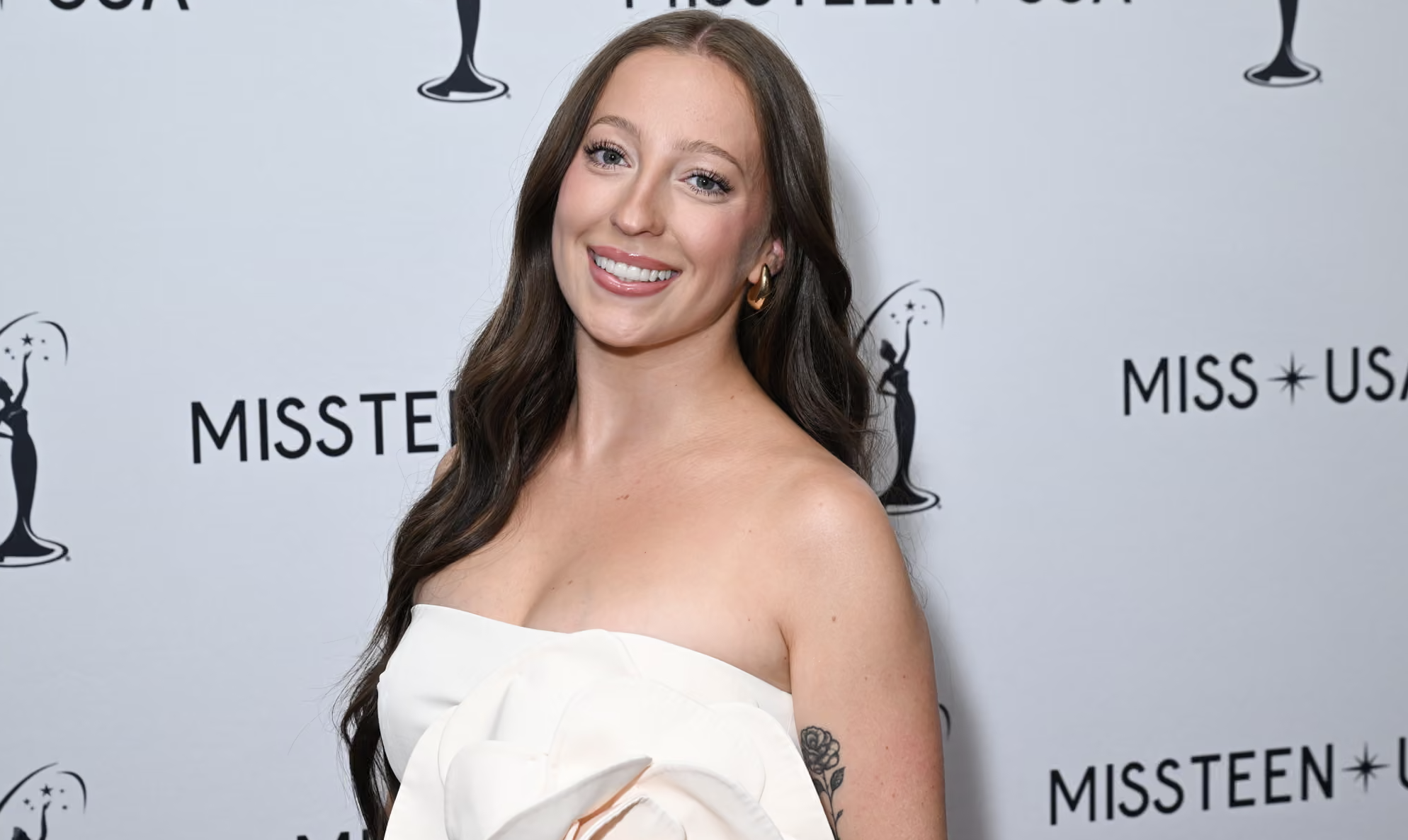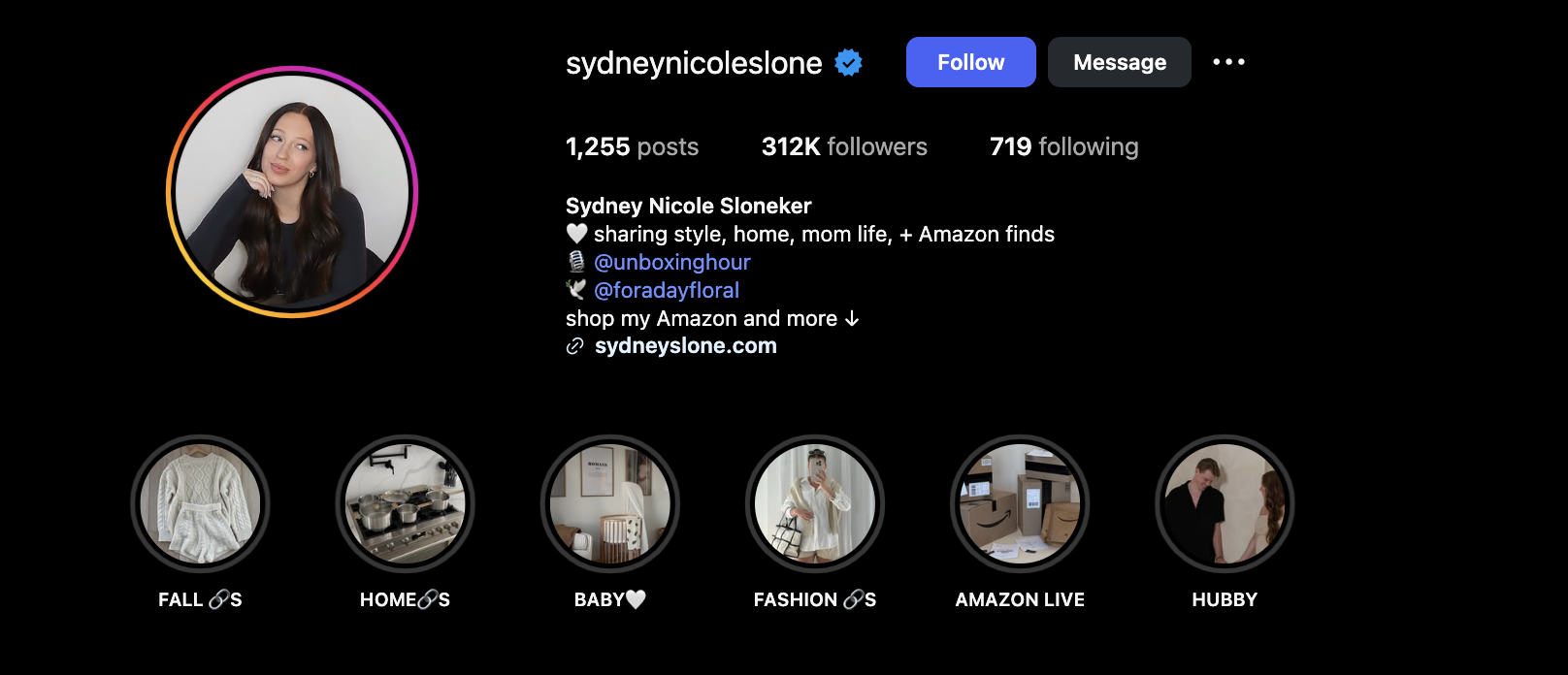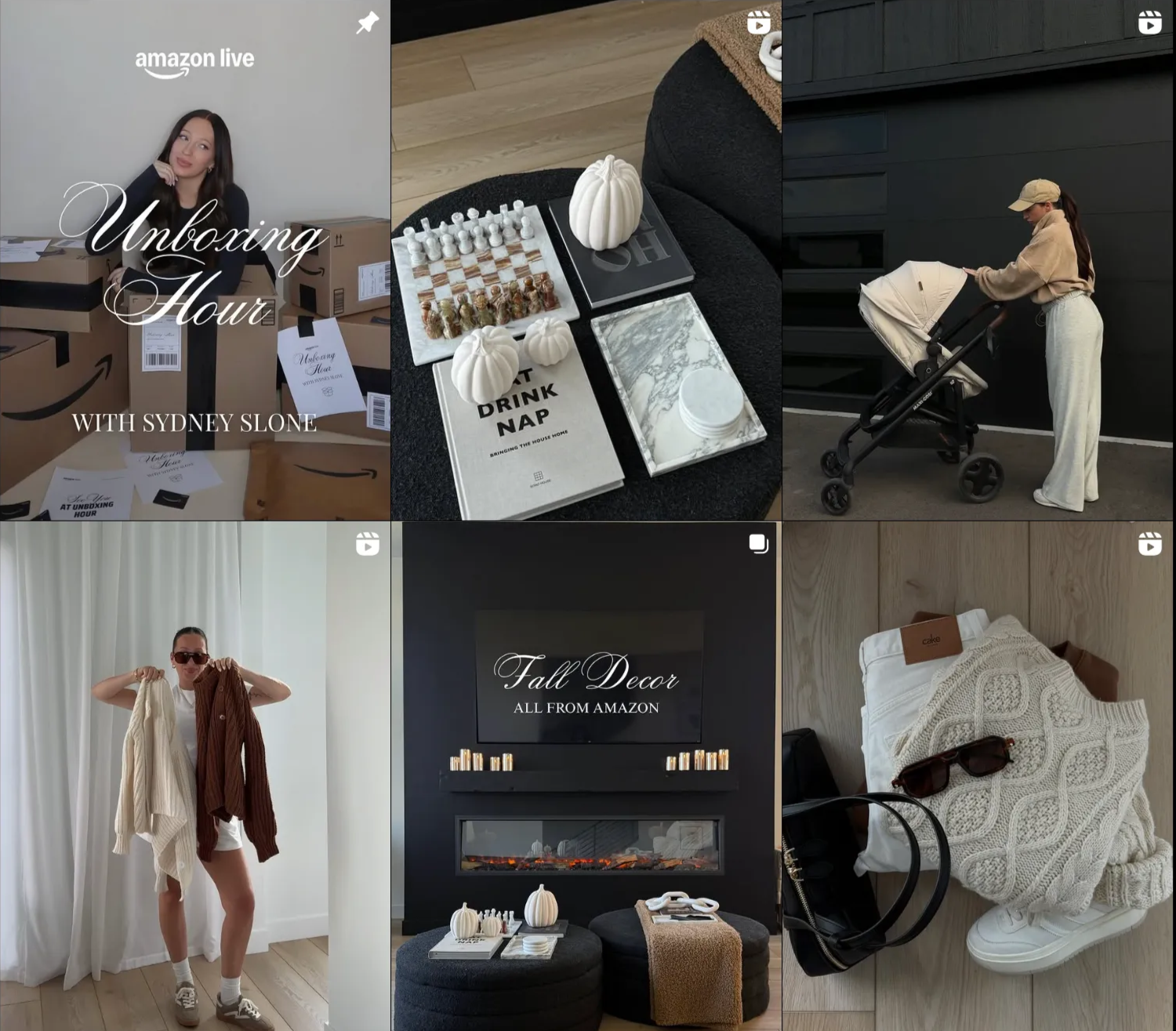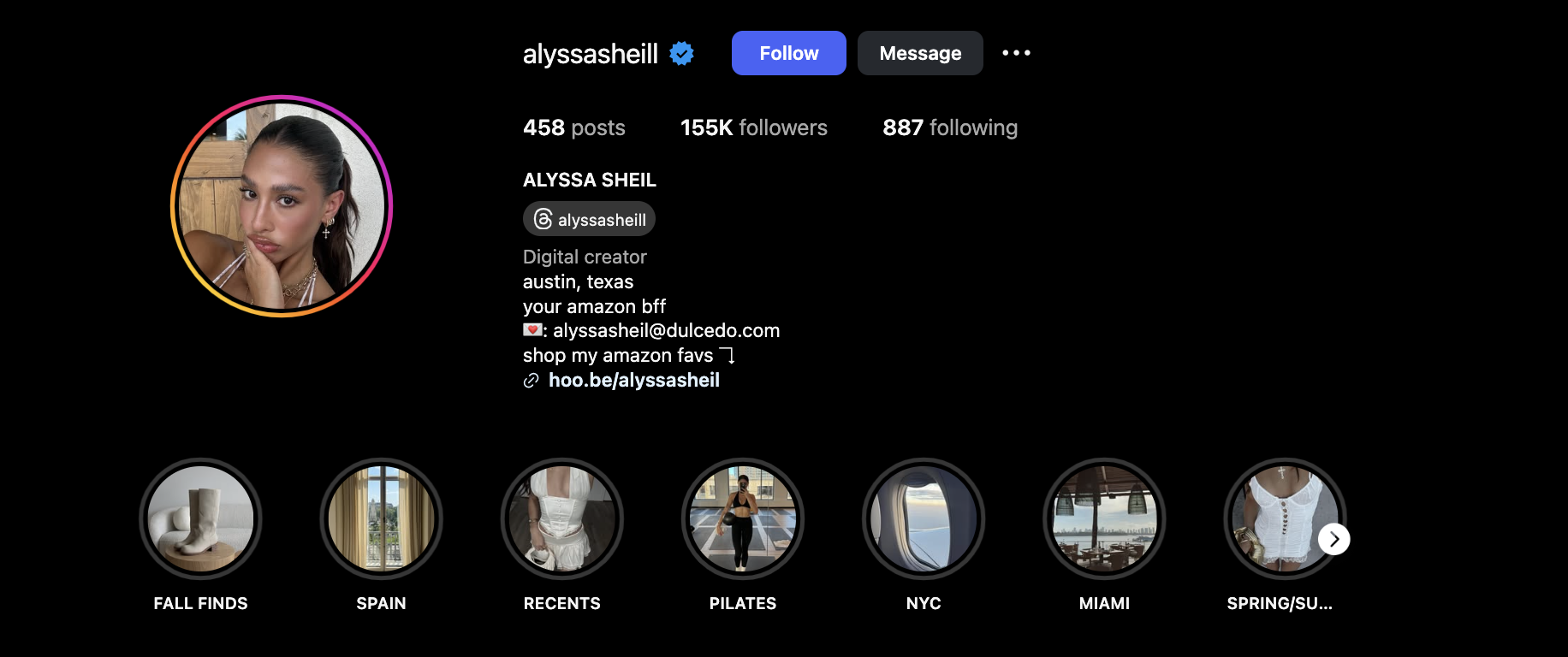Why Are Influencers Getting Sued for Stealing Content in 2025?
If you’ve heard about the influencer sued after stealing content, you’re probably wondering how it happened. Here’s everything you need to know about the case.
If you’ve heard about the influencer sued after stealing content, you’re probably wondering how it happened. Here’s everything you need to know about the case.

There is a high-profile lawsuit currently making headlines and causing shockwaves in the creator economy – an influencer sued after stealing content. So who is the accused content creator, and how did this happen?
In December last year, 24-year-old influencer Sydney Nicole Gifford accused content rival Alyssa Sheil of copying her aesthetic. In this article, we’ll break down the infamous “Sad Beige Case” and explore why influencers are getting sued for copying styles, aesthetics and vibes in 2025.
Alyssa Sheil is the 21-year-old influencer sued after stealing content (allegedly) from Sydney Nicole Gifford.
Gifford is a popular parenting and lifestyle influencer, known for her fondness of neutral colors, organized home and “clean girl” aesthetic. With 800,000 followers across various social media platforms, Gifford reviews Amazon products that fit her aesthetic and shares affiliate links, where she makes commissions each time one of her followers makes a purchase.

Late last year, Sydney Nicole Gifford accused former acquaintance and fellow influencer Alyssa Sheil of copying her brand identity. Gifford alleged that Sheil replicated her neutral, beige aesthetic and even copied her photos and captions, suing her for up to $150,000 dollars in damages – namely for lost income and “mental anguish.”
In a TikTok video, Gifford said: ““I believe her intention was to look so similar to me and copy my posts so similarly so she could profit off my business.”

Although Gifford later dropped the lawsuit, her accusations sparked a global conversation about who owns the right to certain styles, aesthetics and visual framing in digital content creation. It may seem ludicrous that the influencer essentially tried to copyright a “vibe,” but her lawyers argued that the accusations overlapped with protected elements, such as video scripts, written content and choreography.
The case gained notoriety as one of the first and most prominent of its kind, causing concern amongst influencers that they too could be sued for stealing content.

Technically, any creator could become like Alyssa Sheil – an influencer sued after stealing content. If you reproduce copyrighted elements from another creator’s profile, such as scripts, visuals or voiceovers, you too could face legal action.
In recent years, trade dress law (a legal protection covering the visual appearance of commercial images, such as shape, packaging and decor) has made a shift into the digital creator economy, opening up new legal territories. Unfortunately for creators, this means anyone could be accused of copying a video format or replicating images, although it can be difficult to prove.
Although it’s rare to face legal consequences for copying another creator’s style or aesthetics, The Digital Millennium Copyright Act (DMCA) means anyone can file a takedown request of your content without filing a lawsuit.
This means that even if your case is dropped, your creator brand could still be impacted. You may face reputation damage, and your content could even be removed from the internet if there are substantial similarities with another creator.
Right of Publicity also means that using someone else’s likeness (i.e., creating an AI replica or their face or voice) without their permission could also land you in hot water.
Of course, commentary or criticism (response or parody videos, for example) may be protected by Fair Use exceptions, but the lines are often grey and context-specific.
As AI-generated content becomes more mainstream, and more and more creators flock to the influencer space, content authenticity audits are likely to become more mainstream, so it’s important you know how to protect yourself. You don’t want to become another influencer sued after stealing content!
As a serious content creator or influencer, you’re probably proud of your brand image and its originality. However, there are still likely to be many others like you, and you don’t want to become another influencer sued after stealing content.
To protect your brand image, you’ll need to understand the difference between inspiration and duplication. Of course there will be times where you want to capitalize on viral trends or take ideas from others in your space. But it’s important to keep your persona, voice and delivery unique, even when following popular trends or templates.
Although it might sound counter-intuitive, there are AI tools that can help you with this. Argil acts as a content co-pilot as well as a video generator, helping you identify and replicate the success of content that works – but in your own unique style. We can suggest better opening hooks, emotional triggers and CTAs to encourage engagement, all while learning your style and helping you stay on-brand.

Unlike other video generators, Argil stores memories about your brand and helps you create better content over time. This way, you can keep your tone, style and delivery consistent between videos without endless analyzing and editing. We also use data analytics to help you optimize performance.
With Argil, you can easily identify patterns that work instead of copying exact content formats – keeping your content fresh and original, while still learning from competitors in your niche.
You can also use our tool to create an AI clone of your likeness, allowing you to appear in dozens of videos without even turning on a camera. Using a two-minute video of you speaking, your clone learns to replicate your speech, body language and appearance using hyper-realistic AI technology.

Plus, thanks to our holistic end-to-end software, it takes under 10 minutes to create an original video, fully licensed under your name and available for commercial use. This means you can use it for UCG contracts, monetized YouTube videos, affiliate content and more.
We’ll also automatically add B-roll, captions, background music and visual transitions to your videos, which you can easily edit and tweak using our handy drag-and-drop interface.
Need a quick, scalable way to earn money through video content? Instead of trying to replicate the success of other creators and becoming another influencer sued after stealing content, try Argil’s video generation tool.
We’ll help you create original, high-performing videos in under ten minutes, fully optimized for your niche and audience. Sign up today, and you can try all our features and build your own AI avatar for free. Paid plans start at just $39 per month and are fully scalable, with API access and easy integration with other tools.